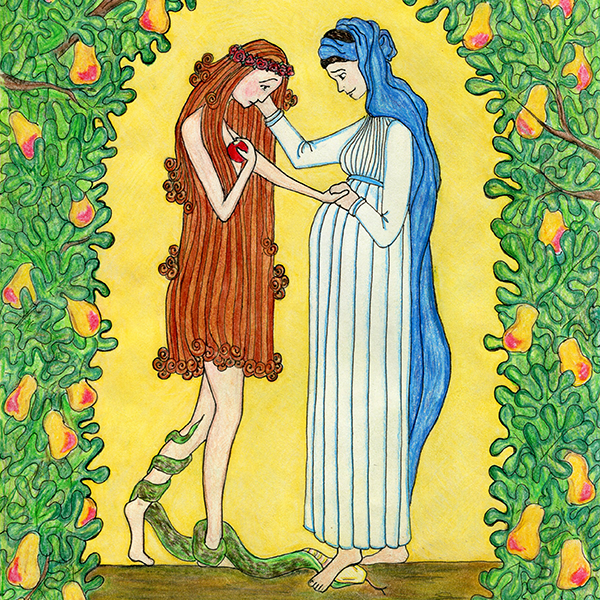“God Used You to Destroy my World Today”: The Sign of a Good Sermon?
Last Sunday, over at my house, we had a large group over for the Super Bowl. I ended up sitting with a lot of people in the room where there was no TV. I think we talked all night. I didn’t see one play of the football game (the Hamilton Tiger Cats weren’t playing). I’m sitting with George (name changed to protect the innocent) and we started talking about preaching.
He says the difference with Life on the Vine preaching …
“When I’ve been at other churches, I walk away saying “that is something I need to work on for my Christian life … At the Vine, I am confronted with a reality that I see I am not quite there yet and I’m invited to enter. I feel the tension. I can’t go there yet. I’m not ready. Yet I have to respond.”
Then he said, “ and when we have the communal response … it is so painful … because I know if I pray it out loud, if I respond and put it out there is words … things have forever changed …”
All this was unprovoked and fascinating for me to listen to. To me this illustrates the difference between teaching and preaching. Teaching is informational. We are digging in to the backgrounds, the meanings of words, explaining what the text means in terms of its original context. It is heavy with information. Preaching is proclamation. It declares the truth of God in Christ. It proclaims the reality of Jesus as Lord over us as we submit and what that means for our lives right here and right now. And then we are invited into that reality. And we have to respond to God, if we hear His voice. At the Vine, there is always a time after our preaching when we respond, most often in prayers of the people when we are given a liturgical prayer to fill in the blank for. Being in the midst of those prayers is an oasis of the Spirit. It always reminds me of the words of Paul – if you confess with your mouth, “Jesus is Lord,” and believe in your heart that God raised him from the dead, you will be saved.” The “being saved” that is happening here is the whole entering into the salvation that God is working in the world. This is why preaching can be God’s instrument to transform the world.
There is always the awkward moment after the gathering when I have preached. People don’t really know what to say. But I confess, one of the things that makes me cringe is when some one says “I really enjoyed your sermon.” Ouch. I know what they mean. And they are being incredibly encouraging. But when they say this it reminds too much of Zizek’s dictum (I’ve read too much Zizek I know) that saying “I enjoy my religion” implies I don’t take it too seriously. We keep it at a distance so as to appear to be a Christian with all the comforts and accoutrements yet not requiring any great disruption to a comfortable way of life. This distance is subtle. It was what George was describing so skillfully above. I think (and here I go being provocative again) classical expository preaching in our times borderlines on providing this distance. I think that’s ironic because I think it was originally devised to keep the preaching as close to the Word of God as possible. In the process it informationalized preaching. Gave us an excuse to say “hmmm, that is something I have to work on in my Christian life.” And we never get to it.
For all these reasons, I much prefer telling the preacher after the gathering: “Thank-you, God really used you to destroy my world today” (versus “I really enjoyed your sermon”). (BTW I only preach once a month). I find when someone would say that to me, it then gives me the moment to confess that I too have been destroyed and need to trust in Jesus as Lord to do His work in us. I confess I have had my world destroyed a few times this past 4 months at Life on the Vine gatherings, by the sermon or in worship. And it’s been good.
What do you think about all this? Too much? What would you prefer to say to the preacher (or have said to you after you’ve preached?) Is there something to be learned from George about the way we preach? How would you describe this experience? I’m speaking on “preaching as Spiritual Formation” at the Ecclesia National Gathering. If you’re coming, let’s dive into this issue.



